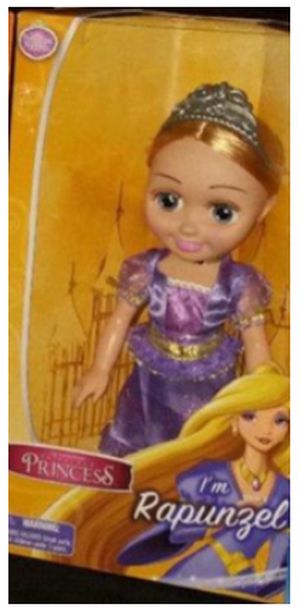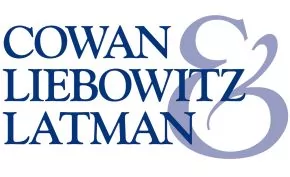The Trademark Trial and Appeal Board (TTAB) held in a precedential opinion, reversing its prior decision, that a purchaser of RAPUNZEL dolls did not have a statutory cause of action (otherwise called "standing") to oppose an application to register RAPUNZEL as a trademark for dolls.

The Opposition
Rebecca Curtin, a trademark lawyer, opposed an application to register RAPUNZEL for dolls. Opposer alleged that RAPUNZEL, the name of a well-known character from an 1812 Brothers Grimm fairy tale, failed to function as a trademark for dolls, was generic for and merely descriptive of dolls, and that Applicant had committed fraud in claiming that no one else could use this character name.
Opposer stated that she and others (represented by a petition signed by 432 people sharing Opposer's belief) were consumers in the marketplace for dolls, and that registration of this mark would deny access to healthy marketplace competition, which would result in increased cost for "Rapunzel" goods.
Interim Decision and Further Developments
Applicant moved to dismiss the opposition. In the December 28, 2018 denial of that motion, the TTAB held that: (a) members of the public had a real interest in preventing exclusive appropriation of merely descriptive marks, (b) Opposer was not simply an intermeddler, and (c) Opposer had alleged a reasonable basis for her belief that damage would result from Applicant's registration.
However, more than four years later, the TTAB revisited and shifted course on the standing issue in this case. The Board explained why, in a footnote: the 2018 decision had been based on a 1999 Federal Circuit decision concerning the Trademark Act bar to registration of "immoral" or "scandalous" marks, which the U.S. Supreme Court subsequently held to be unconstitutional. The TTAB also acknowledged that there had been intervening updates to the "standard for determining whether a party is eligible to bring a statutory cause of action." Therefore, when the TTAB denied Opposer's motion for summary judgment, the case was bifurcated, with the standing issue taken up first, ahead of the merits.
Precedential Decision
In the "Rapunzel" opinion, the TTAB recognized the Trademark Act on its face entitles "[a]ny person who believes that [she] would be damaged by the registration of a mark" to oppose an application to register that mark. However, a U.S. Supreme Court decision had held that "a statutory cause of action extends only to plaintiffs whose interests fall within the one of interests protected by the law invoked." Further, the Federal Circuit Court of Appeals had decided that the "zone of interests" test for standing applied to trademark opposition and cancellation proceedings.
The TTAB stated that the Trademark Act's purpose is to protect a plaintiff with a commercial interest, not consumers allegedly suffering injuries only as purchasers of goods or services. Further, in this case, Opposer's alleged damage was too speculative and remote because this asserted future damage would depend on the alleged effect of a registration on commercial doll makers or sellers, not directly on the consumer. The TTAB also noted that competition would not be impeded, because the statute specifically would permit others to make dolls described fairly and in good faith as Rapunzel dolls, even if RAPUNZEL were to be registered as a mark.
Accordingly, the TTAB held that the Trademark Act does not provide "consumer standing," dismissed the opposition without ever getting to the merits, and designated this opinion as precedential.
Rebecca Curtin v. United Trademark Holdings, Inc., Opposition No. 91241083 (T.T.A.B. May 4, 2023).
The content of this article is intended to provide a general guide to the subject matter. Specialist advice should be sought about your specific circumstances.

